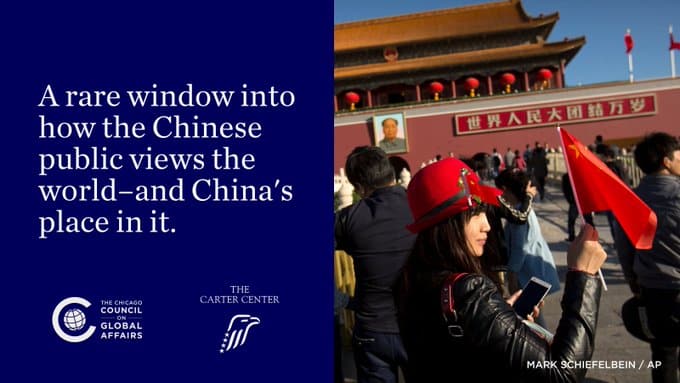The Taiwan Issue and the Normalization of U.S.-China Relations by Richard Bush and Shelley Rigger
“After 1949, there were many obstacles to normalization of relations between the United States and the new People’s Republic of China (PRC), but Taiwan was no doubt a key obstacle. The Kuomintang-led Republic of China (ROC) government and armies had retreated there. Washington maintained diplomatic relations with the ROC government and, in 1954-55, acceded to Chiang Kai-shek’s entreaties for a mutual defense treaty. After June 1950 with the outbreak of the Korean conflict, the United States took the position that the status of the island of Taiwan— whether it was part of the sovereign territory of China—was “yet to be determined.” More broadly, PRC leaders regarded the United States as a threat to their regime, particularly because of its support for the ROC, and American leaders viewed China as a threat to peace and stability in East Asia and to Taiwan, which they saw as an ally in the containment of Asian communism in general and China in particular. It was from Taiwan’s Ching Chuan Kang (CCK) airbase, for example, that U.S. B-52s flew bombing missions over North Vietnam.”
From The Taiwan Issue and the Normalization of U.S.-China Relations by Richard Bush, Senior Fellow, Brookings Institution and the Michael H. Armacost Chair and Chen-Fu and Cecilia Yen Koo Chair in Taiwan Studies in the Center for East Asia Policy Studies (CEAP), and Shelley Rigger, Senior Fellow, Foreign Policy Research Institute’s Asia Program and Brown Professor of East Asian Politics, Davidson College.
Written for the Carter Center’s symposium to commemorate President Carter’s 1979 decision to normalize relations with China. View or download the paper here.










